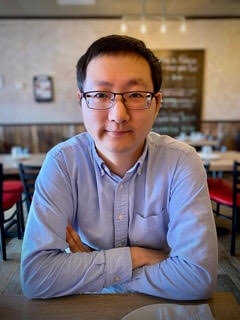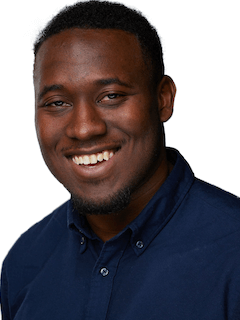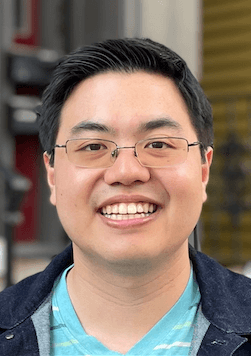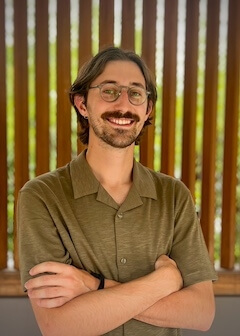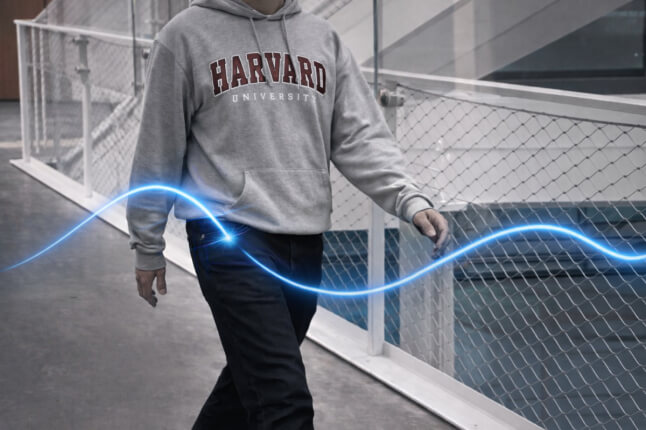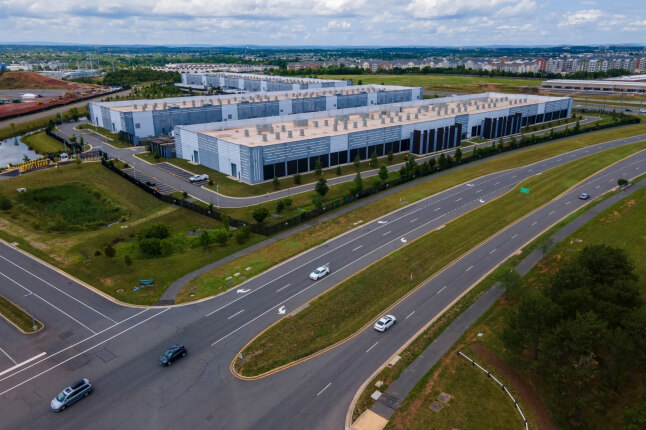News
The Harvard John A. Paulson School of Engineering and Applied Sciences (SEAS) is welcoming four new researchers in the fields of machine learning, artificial intelligence and data management to its ranks of faculty. Three of the four new faculty will also be Investigators with The Kempner Institute for the Study of Natural and Artificial Intelligence at Harvard University, which is housed at the Science and Engineering Complex.
“We’re at a transformational moment for artificial intelligence and I couldn’t be more excited to recruit outstanding new faculty to SEAS,” said David C. Parkes, the John A. Paulson Dean. “Our new faculty colleagues are bringing a wealth of talent and expertise on the cutting edge of machine learning and AI, driving foundational research that will make sure that we continue to understand and embrace AI and have it work to the benefit of everyone."
The new faculty include:
Juncheng Yang
Juncheng Yang
Juncheng Yang will join SEAS in 2025 as an Assistant Professor of Computer Science. Yang’s research focuses on the performance, sustainability and reliability of data systems. He leverages in-depth measurements to design new systems and algorithms for tomorrow’s compute and storage systems. Yang is particularly interested in developing robust, reliable and sustainable cache/storage management and machine learning systems and developing new approaches to make machine learning more practical for storage systems.
Yang will be joining SEAS from Carnegie Mellon University, where he received his Ph.D.
Kianté Brantley
Kianté Brantley
Kianté Brantley joined SEAS July 1, 2024 as an Assistant Professor of Computer Science and Investigator with the Kempner Institute. Brantley's research focuses on addressing the misalignment issues that machine learning systems based on foundation models often encounter. He aims to mitigate these issues by studying algorithms that can learn from interactive feedback data collected from external sources. His specific areas of interest include reinforcement learning, imitation learning, and natural language processing.
Brantley joined SEAS and the Kempner Institute from University of Maryland, where he received his Ph.D.
Yilun Du
Yilun Du
Yilun Du will join SEAS in July 2025 as an Assistant Professor of Computer Science and Kempner Investigator. Du’s research focuses on using generative AI to develop intelligent robots that can effectively generalize unseen scenarios and tasks. His work has focused on compositional generative modeling, where existing generative models can be combined and repurposed for new tasks, enabling systems to generalize areas that are not well covered in the data distribution. His work has illustrated how such systems can be applied to settings in vision, robotics, language, as well as more broadly in scientific settings such as protein design or material synthesis.
Du will join SEAS and the Kempner Institute from MIT, where he completed his Ph.D.
Michael Albergo
Michael Albergo
Michael Albergo will join SEAS in July 2026 as an Assistant Professor in Applied Mathematics and Kempner Investigator. Albergo studies methods in machine learning and numerical analysis to accelerate discovery in the physical sciences and the study of complex systems. He also seeks to use perspectives in statistical physics to improve our understanding of the mechanisms underlying the rapidly growing field of generative modeling, and to develop statistically robust machine learning techniques that are adapted to their problem domain.
Before starting his position at SEAS and the Kempner Institute, Albergo will be a junior fellow at the Society of Fellows here at Harvard. He received his Ph.D. from New York University in Physics.
Topics: Applied Mathematics, Computer Science
Cutting-edge science delivered direct to your inbox.
Join the Harvard SEAS mailing list.
